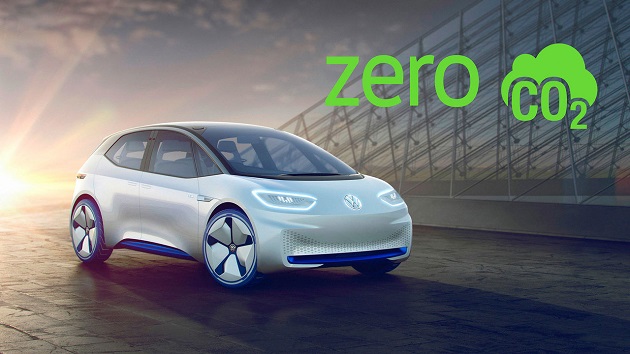Conducted in partnership with the U.S. Agency for International Development, a National Renewable Energy Laboratory (NREL) study assessing the electrification potential of transit fleets in two Mexican cities determined that at least 80% of the operational bus days for the studied routes were suitable for electrification—with a 250-kWh battery in Mexico City and a 300-kWh battery in León.
The evaluation coupled easily accessible GPS speed traces with an electric bus model to identify vehicle requirements. Such simplified evaluations can be duplicated globally to advance energy-efficient mobility options. Transit electrification is a key strategy for ensuring that technologies that reduce greenhouse gas emissions also enable greater access to mobility services.
Researchers detailed their methodology and findings in a conference paper that earned the best paper award at the 2020 IEEE Transportation Electrification Conference. The paper, “Transit Bus Electrification Evaluation from GPS Speed Traces,” was based on data collected in Mexico three years prior.
In 2017, NREL’s Andrew Kotz and Eric Miller traveled to central Mexico to evaluate the electrification potential of transit bus fleets in two cities. The project was the result of a collaboration with the Mexico Low-Emissions Development Program. The award-winning paper they later presented at the conference was co-authored by NREL’s Andrea Watson and Kenneth Kelly.
Evaluating Travel Patterns
Kotz and Miller used GPS loggers to evaluate the travel patterns of buses at three depots—two in León and one in Mexico City. Coupling GPS data with a mathematical model of electric buses, they evaluated the benefits of electrification. Based on their model, the team determined that both cities could lower CO2 emissions and increase diesel-equivalent fuel economy by switching to battery-electric buses.
Yet, like many research projects, the path from idea generation to paper publication was nonlinear and marked with unexpected challenges.
Tackling Unexpected Challenges
In September 2017, Mexico was rocked by two deadly earthquakes. On Sept. 7, an 8.1 magnitude quake struck near the country’s southwest coast, claiming the lives of 90 people. On Sept. 19, a 7.1 magnitude quake ripped through central Mexico, killing at least 225 individuals. Sandwiched between these two natural disasters, Kotz and Miller’s week-long job to install the GPS loggers began on Sept. 14.
When they arrived in Mexico, they planned to put data loggers on the buses to collect information on fuel rates, engine speed, and torque. They quickly learned that the buses were simpler than expected—lacking the diagnostic connection needed to capture the required data. Thinking on their feet, they modified their loggers to only collect GPS information.
The loggers recorded GPS data through Oct. 8, collecting more than 14 million data points reflecting 65,000 kilometers of driving. Because the team needed to develop the mathematical model to support the GPS data, Kotz said it took approximately 10 months to complete their analysis. After crunching the numbers, he was surprised by the accuracy of their model. When their numbers did not change much after three rounds of model refinements, they felt confident.
When the team presented their results to the Metro Bus authorities and governors in Mexico, Miller said they were well received. Later, Mexico City transit authorities introduced electric buses on some of their routes.
“It’s always difficult to know what people will do with the information you give them,” Miller said. “But the value of research is to inform future decision-making—people having the information is the important part. They still have a lot of work to do once they have that information. They still must take a risk. They still have to feel good about what it is that we’re advising them to do before they do it.”
Maximizing Traction of Simplified Evaluation Methodology
While similar research had been conducted elsewhere analyzing simple metrics like daily distance, NREL’s model was more detailed and accurate than previous studies, Kotz said. So, it was important to share their methodology with the scientific community.
“Because GPS data is nearly universal, the tools used in this research can help inform decisions about electrifying transit buses at scale across the globe,” Kotz said. “Using GPS loggers to gather information about transit patterns is a relatively inexpensive way to open the doors for opportunity and understanding. Having such data helps mitigate the equity issues between richer and poorer countries trying to find clean energy solutions.”
“Climate change is a problem that does not know borders,” Miller said. “It is important for the United States, as a world leader in addressing climate change, to assist other countries open to collaborating on this global issue.”

